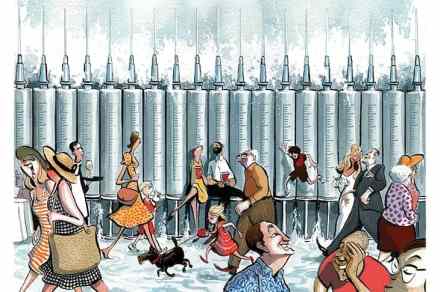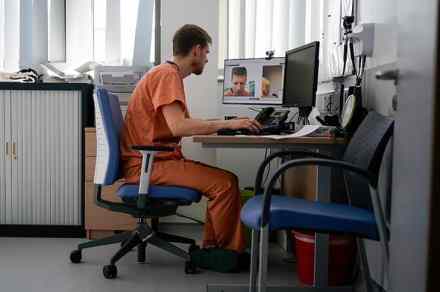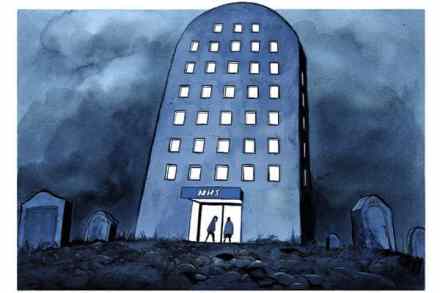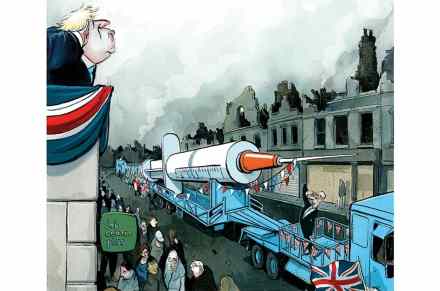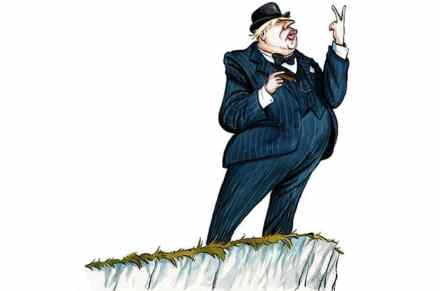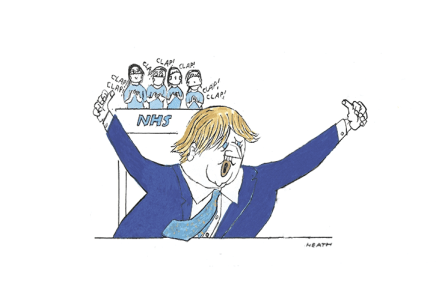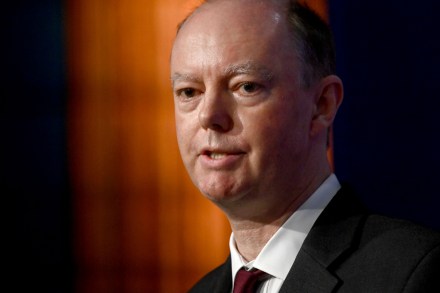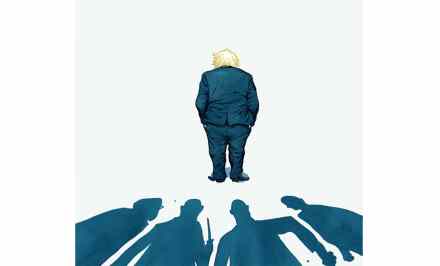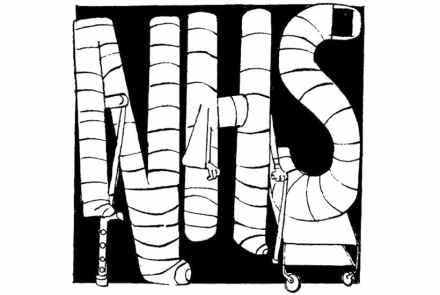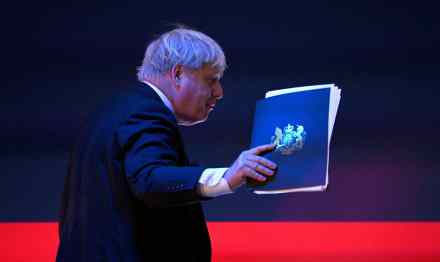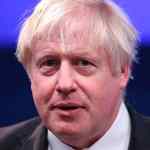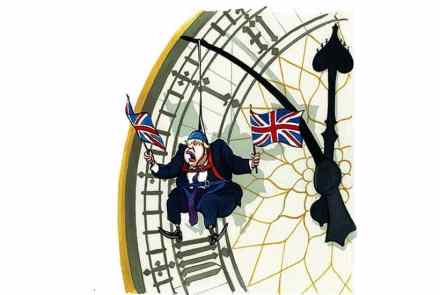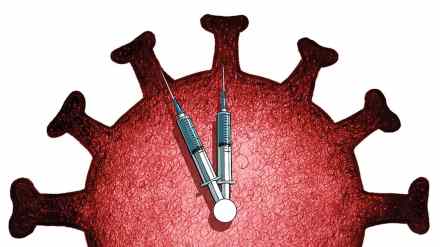Why the Omicron wave won’t overwhelm the NHS
Barely six weeks after it was first discovered in Britain, the Omicron variant has changed everything. Cases have soared far beyond records made in the first wave. Hospital admissions are surging and pupils are once again wearing masks in school. Modellers have produced terrifying figures — up to 25,000 hospitalisations a day, more than five times the last peak. It looks like a Covid groundhog day, a doom loop we seem unable to escape. Last summer, just before the end of lockdown, I wrote in this magazine about a ‘third wave’ of infections which could be just as big as the first. But my model also pointed to something else:
